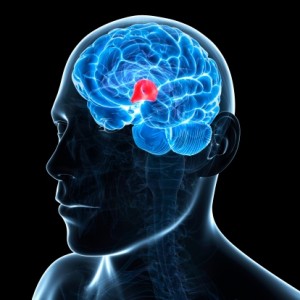A high-tech gadget is helping the U.S. military monitor more than 27,000 soldiers overseas to better understand the nature of head injuries they suffer in combat.
Southern California-based Diversified Technical Systems has designed sensors that are embedded in a soldier’s helmet to measure the acceleration associated with a head injury — even ones with no immediate symptoms. The information is then studied by the Army’s Traumatic Brain Injury program in Falls Church, Virginia.
Diagnosing, treating and preventing head injuries are nothing new for the armed forces. According to the government, soldiers have suffered more than 250,000 brain injuries – a quarter of a million – since 2000.
“It will hopefully someday help them to diagnose traumatic brain injuries, and help get guys medical attention when they need it, or learn how to make the helmets better,” the president and co-founder of Diversified Technical Systems told the Orange County Register.
A Broader Purpose
 Science and technology continue to offer new ways for us to learn about traumatic brain injuries (TBIs). We can’t effectively prevent TBIs if we don’t understand them. This is just as true of soldiers overseas as it is of high schoolers on the local football field.
Science and technology continue to offer new ways for us to learn about traumatic brain injuries (TBIs). We can’t effectively prevent TBIs if we don’t understand them. This is just as true of soldiers overseas as it is of high schoolers on the local football field.
Sensors like those developed by Diversified Technical Systems have also been used by the Air Force. The National Football League is also using them in an effort to address its own problem with head injuries. Football is, of course, not the only sport that deals with the consequences of head injuries.
A TBI can happen to anyone in a split-second from a fall, car accident or any number of other situations. The effects can be devastating and require a lifetime of rehabilitation and medical expenses. Anything we can do better to understand and prevent them is a positive step.
Prevention Means Being Proactive
The Brain Injury Law Center is committed to helping people who have suffered TBIs, and we do our part to try to prevent them. We’ve offered free bicycle helmets to local children to protect them in the case of an accident. We represent people who have suffered a brain injury due to negligence. And we support the efforts of science to better understand our brains, how they work and how they can be harmed.


